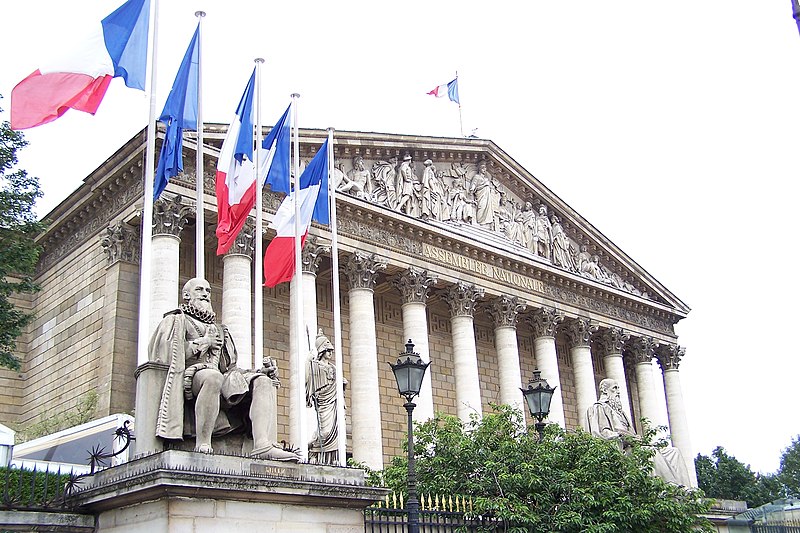
The French government is considering pushing through its 2025 budget without a vote in the National Assembly after a significant setback on a tax proposal aimed at the wealthy.
On Tuesday, left-wing and centrist MPs united to turn a temporary tax on high-income earners into a permanent measure, a move intended to help address France's growing public deficit, delivering a blow to the minority right-wing government.
In response, Prime Minister Michel Barnier's administration is contemplating using a controversial constitutional measure that would allow the budget to pass without a vote. This decision will be discussed by the cabinet on Wednesday, according to government spokesperson Maud Bregeon.
The government initially proposed a special three-year tax on the wealthy to help manage a public deficit expected to reach 6.1% of GDP in 2024, well above the 3% limit set by European Union regulations. The tax targets households with individual incomes over €250,000 or joint incomes exceeding €500,000, and is expected to raise €2 billion in 2025. However, the government had intended this tax to be temporary, referring to it as an "exceptional" measure.
Tuesday's vote saw the left-wing coalition join forces with the centrist Modem party, a member of the government coalition, to make the tax permanent. This result was hailed by hard-left France Unbowed (LFI) party leader Mathilde Panot as a "victory."
Critics within the government, such as Mathieu Lefevre of President Emmanuel Macron's Rebirth party, condemned the vote as a form of "permanent tax revenge" and urged the government to bypass parliament using Article 49.3 of the Constitution. This article allows laws to be passed without a parliamentary vote, a measure the cabinet will debate.
While the use of Article 49.3 is a constitutional option, Bregeon emphasized that it is not Prime Minister Barnier’s preferred course of action. Barnier's government, which came to power in September after elections in July, lacks a majority in the 577-seat National Assembly and may need support from the far-right National Rally (FN) party to pass its agenda. Photo by Jarosław Baranowski, Wikimedia commons.



































